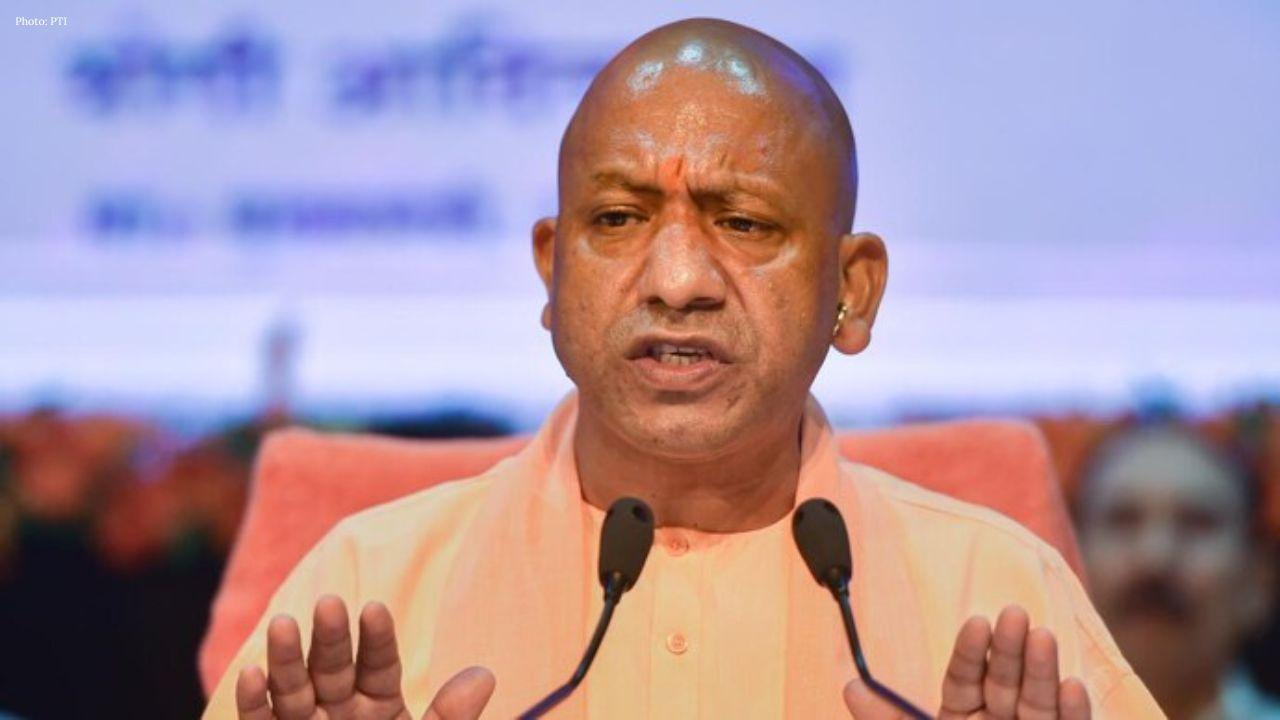You have not yet added any article to your bookmarks!

Join 10k+ people to get notified about new posts, news and tips.
Do not worry we don't spam!

Post by : Rameen Ariff
Asia is experiencing a digital revolution that is transforming how people live, work, learn, and interact. Over the last decade, technological innovations have reached every corner of the continent, from major metropolitan cities like Tokyo, Singapore, and Mumbai to smaller towns and rural areas. This widespread adoption of digital technology is not only making life easier but also connecting communities, improving services, and creating opportunities for millions of people.
One of the most visible changes in Asia is the rise of mobile payments and a cashless economy. People no longer need to carry cash everywhere. Applications such as Alipay, GCash, Paytm, and GrabPay have made transactions faster, safer, and more convenient. In many cities, you can pay for public transport, groceries, street food, and even utility bills using just your smartphone.
Mobile payments have also helped small businesses grow. Vendors and shop owners can now receive digital payments easily, increasing their sales and reducing the risks associated with handling cash. For consumers, it saves time and makes shopping smoother, showing how digital technology in Asia is changing everyday life.
Another major transformation is happening at home with smart devices and the Internet of Things (IoT). People are using smart lights, security cameras, voice assistants, and automated appliances to make their homes more efficient and safer.
 For example, a family can remotely turn on lights, adjust air conditioning, or check security cameras through a smartphone app. Smart homes are not only convenient but also energy-efficient, reducing electricity consumption and household costs. The adoption of these technologies is growing rapidly, even in middle-income households across Asia.
For example, a family can remotely turn on lights, adjust air conditioning, or check security cameras through a smartphone app. Smart homes are not only convenient but also energy-efficient, reducing electricity consumption and household costs. The adoption of these technologies is growing rapidly, even in middle-income households across Asia.
Education is being reshaped by technology. Online learning platforms, virtual classrooms, and educational apps have made quality education accessible to students everywhere. Children in remote areas can now attend lessons via the internet, while adults can learn new skills from home.
Platforms like Khan Academy, BYJU’S, Coursera, and Zoom are being widely used across Asia. During the COVID-19 pandemic, online learning became essential, and even now, many schools and colleges continue to use digital tools. This has created opportunities for lifelong learning and skill development, showing how technology is improving human potential.
Healthcare services in Asia are becoming more digital than ever. Telemedicine platforms allow patients to consult doctors online, access medical records, and even order medicines through apps. In countries with remote regions, this technology ensures that people can receive timely healthcare without traveling long distances.
Hospitals are also using digital systems to manage patient data, schedule appointments, and track treatment progress. Health apps help people monitor their fitness, diet, and chronic conditions. The integration of technology in healthcare demonstrates how digital tools are improving the quality of life across Asia.
Digital technology has revolutionized communication. Messaging apps, social media platforms, and video calls allow people to connect instantly across cities and countries. Families separated by distance can stay in touch easily, while businesses can reach customers instantly through online platforms.
Platforms like WhatsApp, WeChat, LINE, and Facebook have become part of daily life, influencing how people socialize, work, and share information. This widespread connectivity has made communities more engaged and informed.
In many Asian cities, digital technology is transforming transportation. Apps like Grab, Gojek, Ola, and DiDi provide ride-hailing services, while GPS navigation helps drivers avoid traffic congestion. Cities like Singapore, Seoul, and Tokyo are implementing smart city technologies to improve traffic flow, reduce pollution, and make urban living more convenient.
Smart transportation systems, integrated with apps for real-time tracking, payment, and scheduling, demonstrate how technology is reshaping everyday life for millions of urban residents.
The growth of e-commerce has changed how people shop. Platforms like Lazada, Shopee, Amazon, Flipkart, and Tokopedia allow customers to buy products online with doorstep delivery. This convenience has boosted small businesses, created jobs, and connected rural customers with urban markets.
People can compare prices, read reviews, and make informed choices, all from their smartphones. The rise of online shopping is another example of how digital technology in Asia is making life easier and more efficient.
Digital technology is transforming everyday life across Asia in remarkable ways. From mobile payments to smart homes, online education, telemedicine, communication apps, and smart cities, technology is improving convenience, connectivity, and quality of life.
As more people embrace these innovations, Asia is becoming a continent where technology is not just a luxury but a fundamental part of daily life. The digital revolution is connecting communities, creating opportunities, and shaping the future for millions of people.
The content provided in this article is for informational and educational purposes only. Newsible Asia strives to ensure the accuracy of the information, but we do not guarantee its completeness or reliability. Readers should verify any facts before making decisions based on this content.










India Says J&K Budget Exceeds Pakistan’s IMF Bailout
India slammed Pakistan at UNHRC, stating J&K’s development budget exceeds Pakistan’s IMF bailout and

UP CM Holds Talks With Ex Japan Economy Minister in Tokyo
Yogi Adityanath met former Japan economy minister Nishimura Yasutoshi in Tokyo to boost UP-Japan coo

Hiroshima Teacher Arrested for Alleged Sexual Assault of Minor
A 37-year-old high school teacher in Hiroshima was arrested on suspicion of sexually assaulting a te

Tokyo Skytree Reopens After Elevator Malfunction Suspension
Tokyo Skytree resumed operations after a three-day closure caused by an elevator failure that trappe

Skiers Rescue Man Buried Under Snow at California Resort
A dramatic rescue at Palisades Tahoe shows two skiers saving a man suffocating under deep snow durin

Sri Lanka Ex-Intel Chief Arrested Over Easter Attacks
Former SIS Chief Suresh Sallay arrested by CID in connection with the 2019 Easter Sunday bombings th